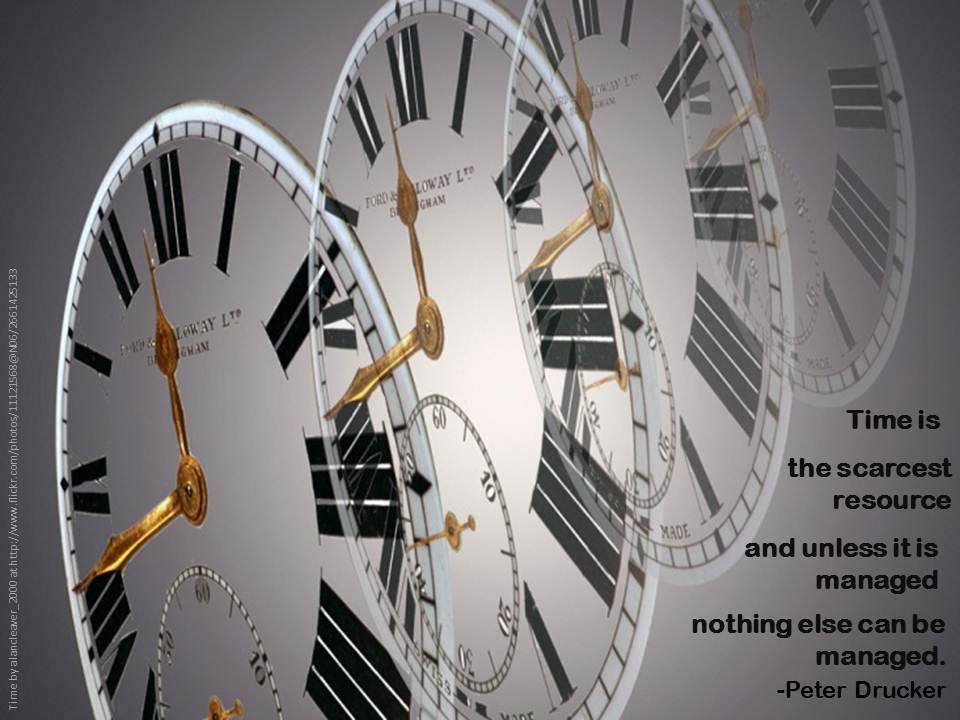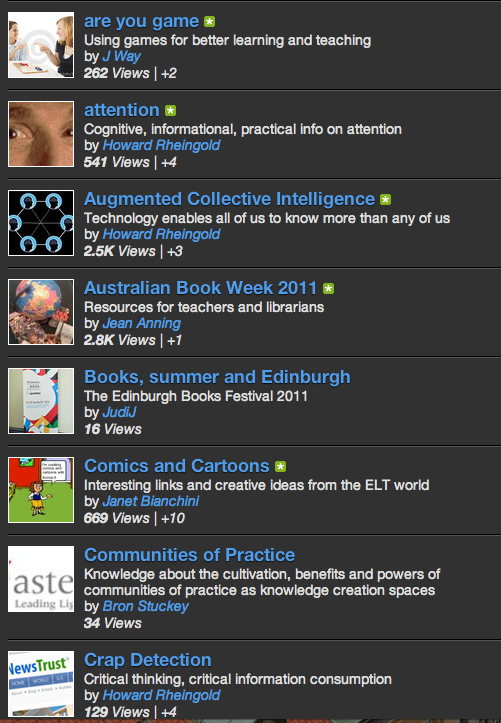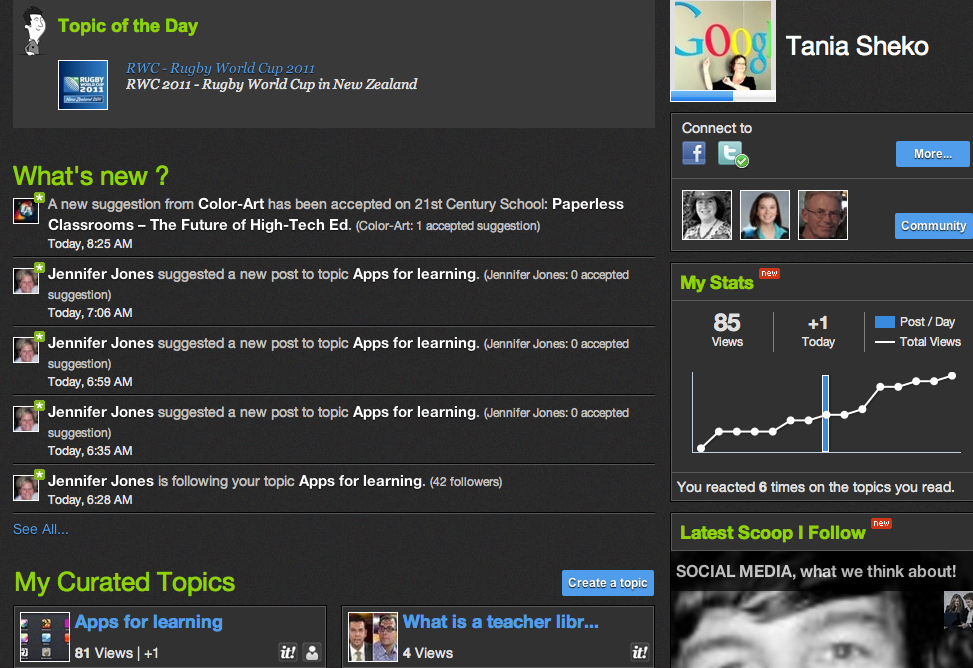 Photo courtesy of CanadianAEh on Flickr
Photo courtesy of CanadianAEh on Flickr
Time is one of our most precious commodities in a fast paced world. This is particularly true for educators, don’t you think? For teacher librarians, curating information and resources and doing it well is more important than ever. Our information management strategies enable us to control the flood of online information, and to connect with others in order to receive and share information.
Scoop.it (beta), a new way of curating online resources for a topic of choice, has sprung up out of nowhere (somewhere, obviously), and it seems that most of the people in my Twitter, Facebook and other networks are giving it a go. At first I thought – what!? yet another thing to keep up with; do I really need to tie myself down to managing more than my existing blogs and bits? But honestly, Scoop.it is probably one of the most effortless ways not only of curating a topic online. You just create a topic, get the button, then ‘scoop’ websites as you see them. The layout is great, magazine-style page, much easier to skim and select than looking through Diigo or Delicious accounts. Personally, I’m looking forward to the day when all information is enhanced by a visual layout; much more user friendly.
The networking part of Scoop.it works really well. I get email alerts when one of my people creates another topic, and then it’s just a matter of having a look to see if I want to follow it. Looking through someone’s list of followed Scoop.its opens up even more topics, so every day I’m discovering new resources. Since people choose areas of interest, they are often experts in resourcing this topic. Developing a personal learning network has never been so important. Networking is a powerful way of having the best and most relevant resources come to you. You can even suggest resources for somebody else’s Scoop.it topic, and then the creator has the choice of accepting or ignoring this.
There is an option of sharing on Facebook and Twitter, and that is often how I am alerted to new topics and links. Of course, tagging makes locating resources easy.
Today on Facebook Karen Bonanno shared the Library Research Services’ Vimeo Channel featuring videos such as School library characteristics that affect student achievement – an excellent series of videos, quite digestible in video form, and I wanted to share these with my library team so I added a post in my school library blog.
[vimeo http://www.vimeo.com/16517124 w=400&h=225]
Chapter 4: School Library Characteristics that Affect Student Achievement from LRS on Vimeo.
Currently I’ve only created 2 topics:
Apps for learning and What is a teacher librarian – can’t say I’ve put much effort into these. I think you have to get into the mindset of thinking ‘Scoop.it’ as you read and discover things online. However, I have been looking through others’ resources, and I’m happy to say that Scoop.it has turned out to be more than a new gimmick. I suppose you have to give new things a go in order to decide whether they warrant your time and focus.
The Explore tab at the top of Scoop.it takes you to the latest scoops within the topics you follow. Currently I follow 75, and yes, you can’t keep up with everything all the time. Like the fast flowing Twitter stream, you just dip in when you have time or when you’re looking for specific resources.

If you’re using Scoop.it please leave your Scoop.it identity in the comment box. I would love to see what you’ve been curating. It would also be good to discover your favourite topics. Don’t be shy!

